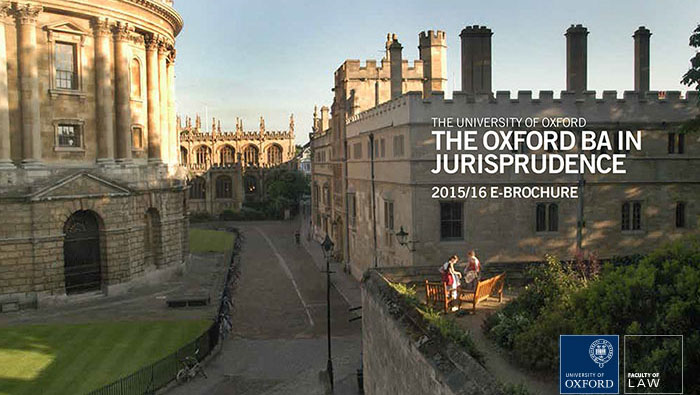
09-30
2021
LNAT examination experience
I was convinced then that essay writing involves a measure of luck, and to some extent it probably does given that one's writing can flow smoothly one essay and be a bumpy ride the next. I was also used to a 1.5 hour time limit for the writing of essay...
<p><strong>Q. Briefly tell us about your experience before the LNAT (for coaching or other queries, please email to khleslie@hotmail.com or WhatsApp +65 97325081)</strong></p><p> </p><pre>A. I remember being a little nervous about taking the LNAT. I was convinced then that essay writing involves a measure of luck, and to some extent it probably does given that one's writing can flow smoothly one essay and be a bumpy ride the next. I was also used to a 1.5 hour time limit for the writing of essays in my A-levels and 40 minutes was very limited. I'd practiced quite a bit before the day of my examination though, so that helped to calm me down a little.</pre><p> </p><p><strong>Q. Describe the LNAT essay you had to do</strong></p><p> </p><pre>A. My essay topic was "The media should be controlled. The problem is who should control it. Discuss." I can actually remember quite a lot of what I wrote because I blogged about it right after the examination and actually typed out my essay from memory after that.<p> </p>I began by addressing the initial assumption/assertion that the media should indeed be controlled. Drawing from different sources, I argued that whilst the media presents a "recognizable target for archers of social stability to hurl their darts, recent evidence surfaced have attributed social problems to deeper factors such as family and upbringing." (in my own words then). Basically, I argued that the oft-repeated tirade against the media might not be as compelling or grounded on convincing evidence as it might initially seem.<p> </p>I then addressed the second part of the question. I felt that it was much harder because there were many issues to be tackled. For instance, can you "control" the media? What does that actually mean? Does it actually matter who "controls" it or does the problem lie somewhere else? Are we doing ourselves a favour by couching the question in terms of "control" rather than perhaps who can make better use of it?</pre><p> </p><p><strong>Q. Do you have any parting words of advice?</strong></p><p> </p><pre>A. 40 minutes is very little time. It really requires a delicate balance of planning and writing quickly without mistakes. Planning is still essential because it eliminates the need to reorganize or rewrite paragraphs (at which point half the time would have passed by then). However, every minute planning is one minute less of writing actual content. In a way then, perhaps the LNAT essay does prepare us quite well for Law in University, because in Oxford at least, we are only given 45 minutes per law essay in the final examinations. Practice tons and read a lot before the day of the exam! You will be thankful for it. And for those who are taking the LNAT, I wish you all the best and hope you enjoy the process :)</pre><p> </p><p><strong>Q. Feel free to reach out! (Edit and update as of year 2020-2021)</strong></p><p> </p><pre>A. Update year 2020-2021: My name is Leslie and I'm the author of this article above, written many years ago, as well as one of the founders of this company GuruMe. I am still coaching students for LNAT and interviews as of year 2020 and year 2021 (alongside being a qualified lawyer). If interested in coaching, please feel free to reach me at khleslie@hotmail.com or WhatsApp me at +65 97325081. The advice and resources provided will be tailored and personalised to each applicant. I have helped many applicants apply successfully into the University of Oxford and Cambridge. Thanks</pre><p> </p>